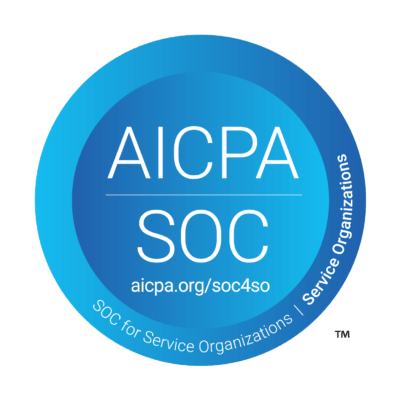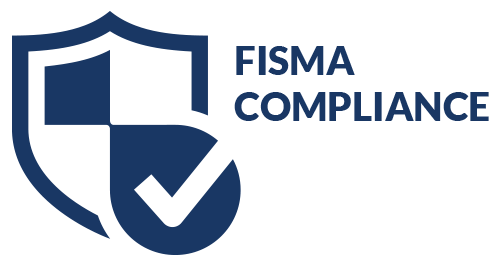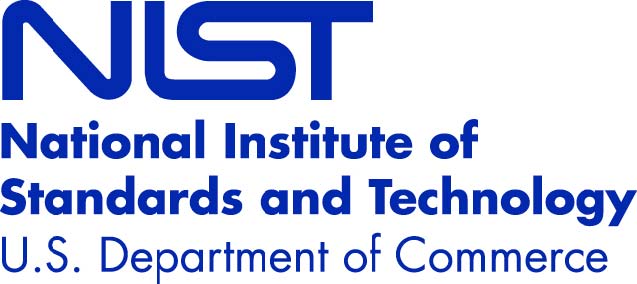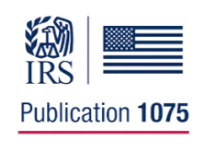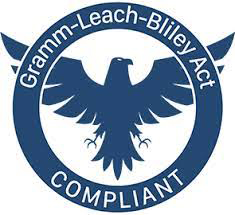Many people feel as if they are subject to bill collector harassment. While in some cases that may be true, it should not be confused with legitimate attempts to collect on a debt for which they are responsible. There are laws in place that define what constitutes harassment. In most cases where there is no harassment, the best way to avoid getting calls or letters is to work with the collection company and find a way to meet your financial obligations.
What Is Not Bill Collector Harassment
First, it is important to understand what does not constitute harassment. The relevant legal framework has done an excellent job of addressing much of the unfair or unethical practices that some bill collectors may have engaged in. Phone calls trying to collect on a debt owed are often not harassment. Typically, you’ll receive calls that are searching for you and trying to establish your identity before sharing any information. This is actually a technique used to protect you and your privacy, since debt collectors often want to avoid giving out personal information about what you owe to other people.
Letters informing you about your debt and who to contact also don’t usually constitute harassment. In fact, these can be incredibly helpful tools for many people who would like to find a way to get their debt paid off. Many of these letters contain important contact information and methods that will allow you to meet your obligations. For some debtors it is an important tool, and continuing to get them makes it easier to have the most up-to-date information and avoid losing track of the debt.
Meeting Your Obligations
If you are not the victim of bill collector harassment, it’s time to start working on ways to repay your debts. There are several approaches that may work for you, but sometimes that means getting a little help.
The best place to start is to reach out to the agency contacting you. It’s typically a good idea to do your research in advance so that you know what sorts of options you may have available and what you’ll need to exercise them.
Debt collection is serious business, so attempts to contact you should not be unexpected, but there is a line between working with you to resolve your past due bills and bill collector harassment.
Want to learn more about TSI? Fill out the form and a TSI representative will contact you shortly.
